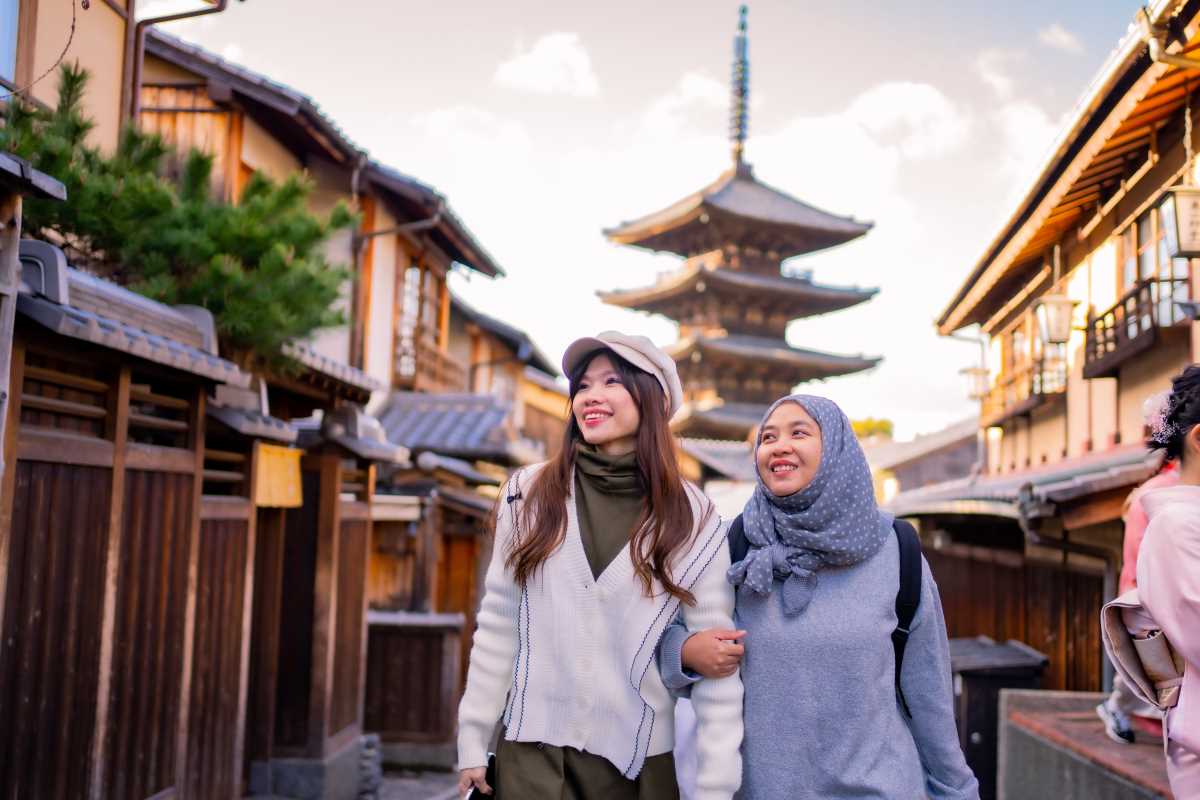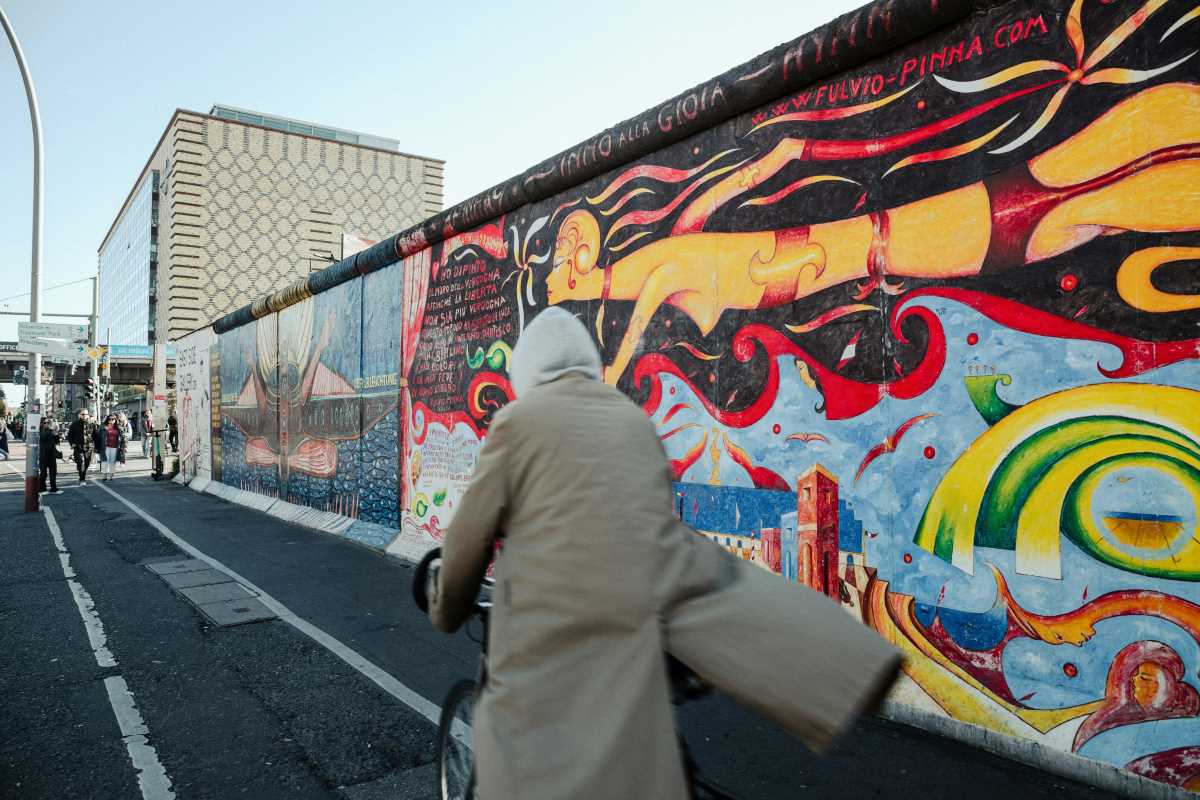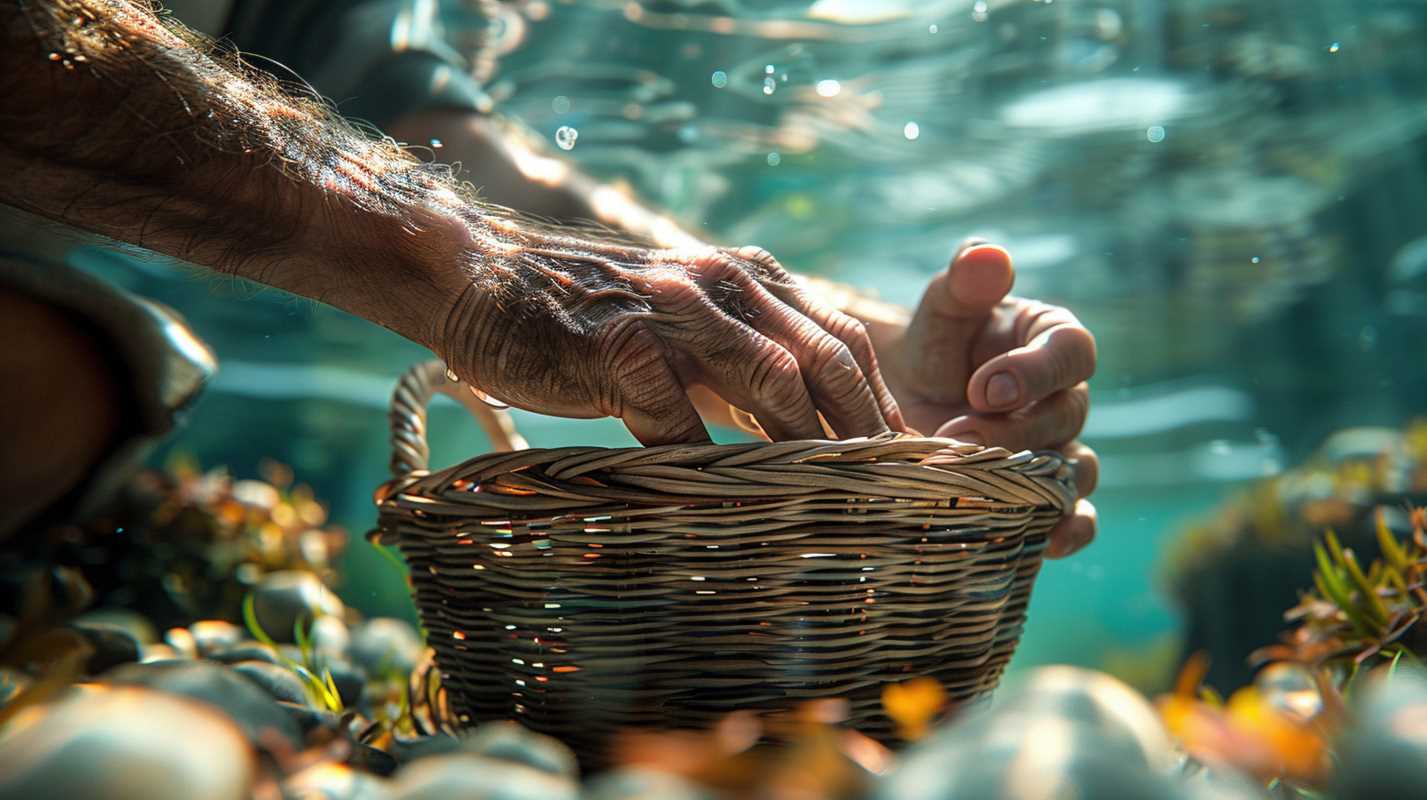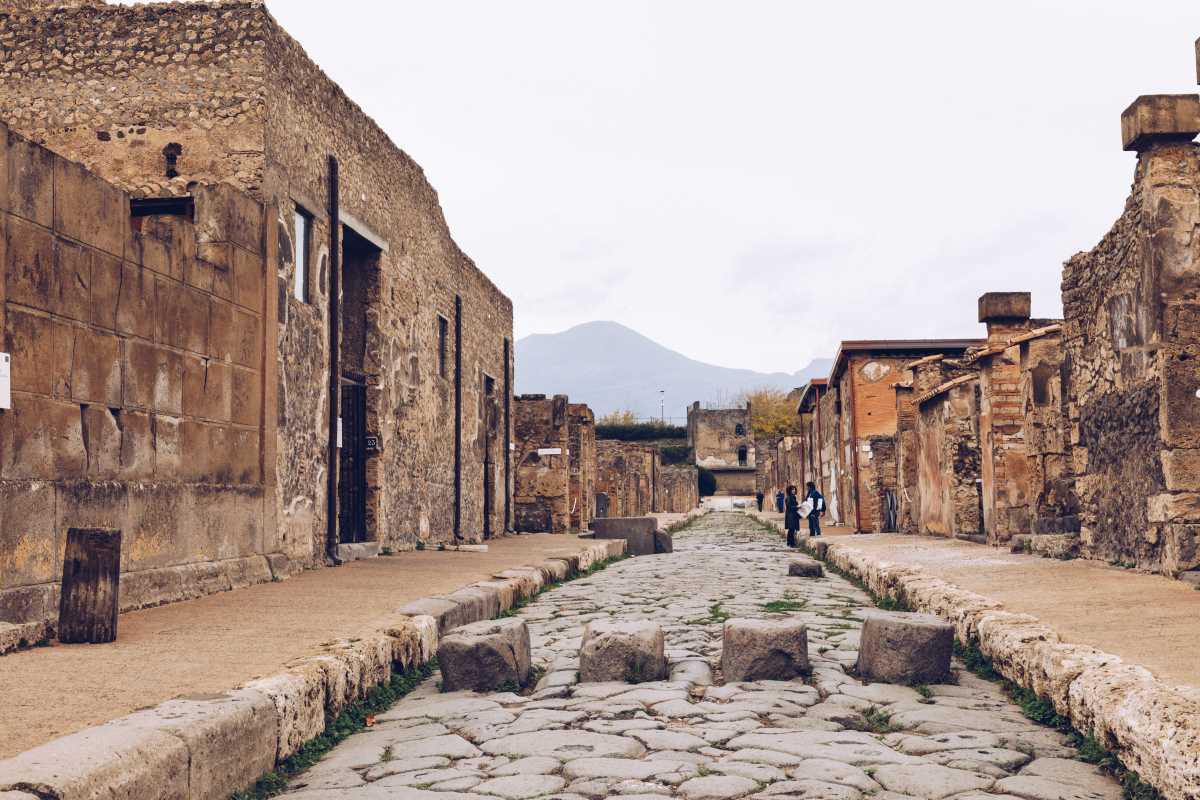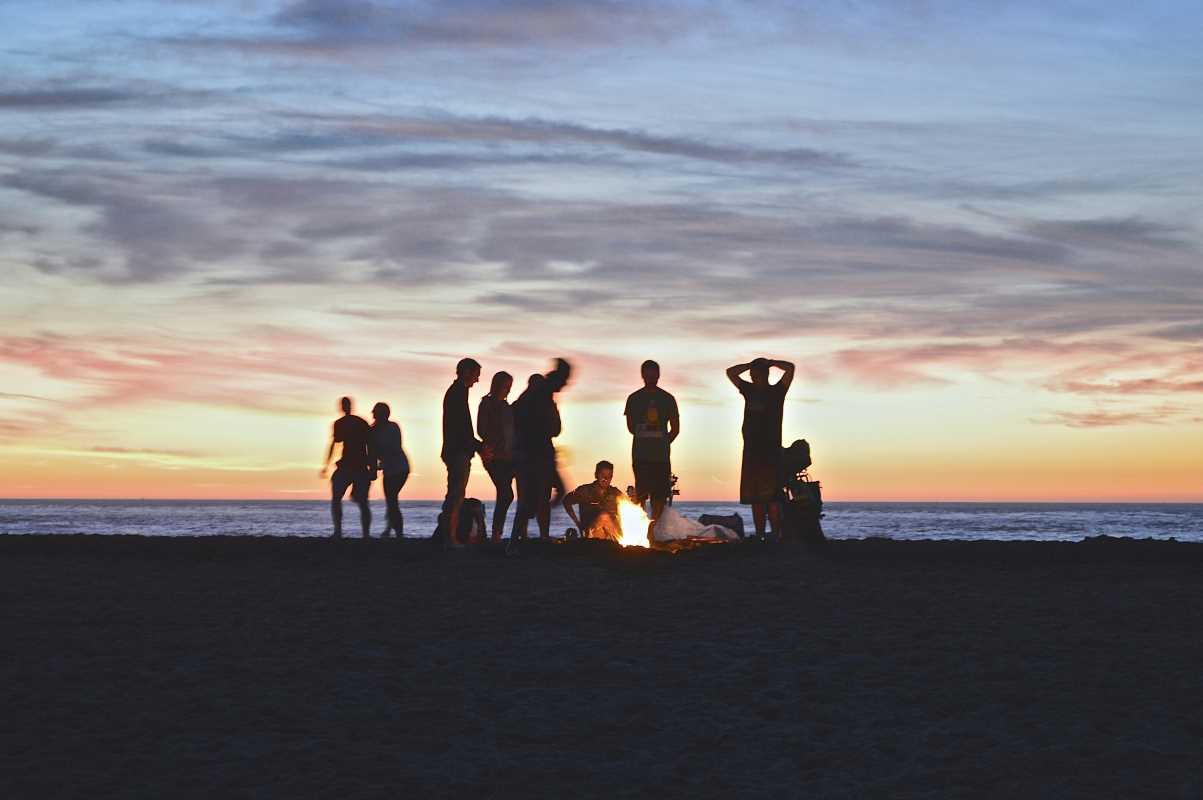Local communities preserve unique identities through language passed down over generations. Learning greetings in a village school invites you to share in daily rituals, while listening to elders around a fire reveals stories told in their original language. Each word carries the weight of history and connects you to the roots of a culture. Travel takes on new depth when you enter places where language bridges the gap between visitor and tradition, letting you experience the living heritage that shapes every conversation and encounter. These moments highlight how much meaning and connection language brings to every journey.
Rediscovering Voices Beyond Words
- Explore how subtle shifts in pronunciation can unlock new ways of thinking and spark genuine connections with locals, allowing you to tune your ears and heart to communities whose heritage thrives through oral traditions.
- Notice how food, song and daily routines intertwine with speech, guiding you toward meaningful interactions beyond sightseeing and reminding you that culture lives in every conversation you join.
- Witness firsthand the power of language preservation programs that banish stereotypes by inviting you to contribute your energy, time and curiosity instead of just passively observing.
Seven Projects That Bring Languages to Life
- Living Tongues Institute for Endangered Languages – Oregon, USA
- Focus: Field workshops where participants record elders teaching words and stories
- Unique feature: Hands-on training in audio and video documentation
- Cost: Workshop fees from $750/week, lodging in rural cabins included
- Insider tip: Stay an extra night with a host family to practice conversational phrases over dinner
- Wikitongues Documentation Collective – Online & Worldwide
- Focus: Volunteers upload multilingual video interviews to an open platform
- Unique feature: Open-source archiving accessible remotely or at pop-up events
- Metric: Over 300 languages documented in five years
- Insider tip: Join a local meet-up from their community calendar to connect with linguists and filmmakers
- Ainu Language Nest – Hokkaido, Japan
- Focus: Immersive daycare sessions taught by Ainu elders
- Unique feature: Daily bilingual activities with crafts and songs
- Cost: Free for local families; small fee for visitors on special tours
- Insider tip: Volunteer to lead an art session using basic Ainu phrases—it helps learning and delights elders
- Aha Pūnana Leo Hawaiian Language Preschools – Hawaii, USA
- Focus: Full-immersion preschools where children learn entirely in ʻōlelo Hawai‘i
- Unique feature: Community-driven revival model that brought Hawaiian back from near extinction
- Metric: Enrollment grew from 7 students in 1984 to hundreds today
- Insider tip: Volunteer during weekly Sunday hui for storytelling and deeper cultural immersion
- Te Wānanga o Aotearoa Māori Immersion – New Zealand
- Focus: Weeklong wānanga (learning gatherings) in te reo Māori
- Unique feature: Field trips to marae (meeting grounds) for protocol lessons
- Cost: Short courses under NZ$200
- Insider tip: Arrive a day early for the pōwhiri (welcome) to observe chants and korowai cloak rituals
- Euskalerria Basque Summer Camps – Navarre, Spain
- Focus: Two-week programs for teens and adults to practice Euskara
- Unique feature: Pairings with native speakers for one-on-one practice
- Cost: About €650 including meals and lodging
- Insider tip: Request a host family near a pelota court to learn sports vocabulary while watching midday games
- Sámi Language and Culture Festival – Kautokeino, Norway
- Focus: Annual festival combining language workshops with reindeer herding traditions
- Unique feature: Remote tent tours where elders share joik songs and shamanic chants
- Cost: Festival pass ~NOK 1,200; extra fee for tent stays
- Insider tip: Rent winter gear locally to join herding activities and pick up specialized Sámi vocabulary
Where Tradition Meets Traveler Engagement
Every community featured here invites you to play an active role instead of just peeking through a barrier. Hosts encourage you to ask questions, share your own linguistic mistakes and participate in daily routines. That practical experience turns passive sightseeing into genuine cultural exchange.
By stepping off your typical itinerary and into circle gatherings, you’ll discover phrases that have shaped identities for generations. Embrace moments when a single word unlocks a connection, and you’ll find your journey rewarding on a personal level that guidebooks can’t provide.
Integrate Modern Tools with Ancient Languages
Projects combine advanced recording devices with time-honored storytelling techniques. You might learn to use a digital recorder in the morning, then join an elder at sunset to document origin stories that never reached classrooms. This combination ensures the survival of vocabulary and context, creating archives you’ll feel proud to support.
Open-source platforms and smartphone apps now let you contribute translations from a hostel bed or coffee shop. As you add subtitles or phonetic guides, you act as a digital scribe preserving oral traditions. This worldwide collaboration proves that technology and heritage can strengthen each other.
How Your Journey Can Change Lives
Every workshop fee or volunteer hour supports local programs, helping elders preserve language and culture. Sharing your experiences inspires others to join, creating a ripple effect of awareness and growth. With openness and curiosity, your travels leave behind lasting impact as well as cherished memories.
 (Image via
(Image via